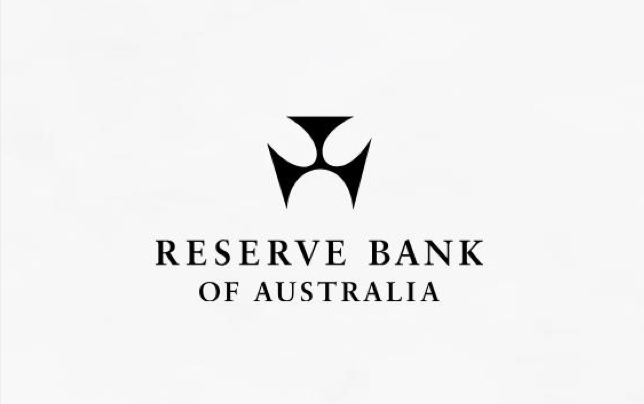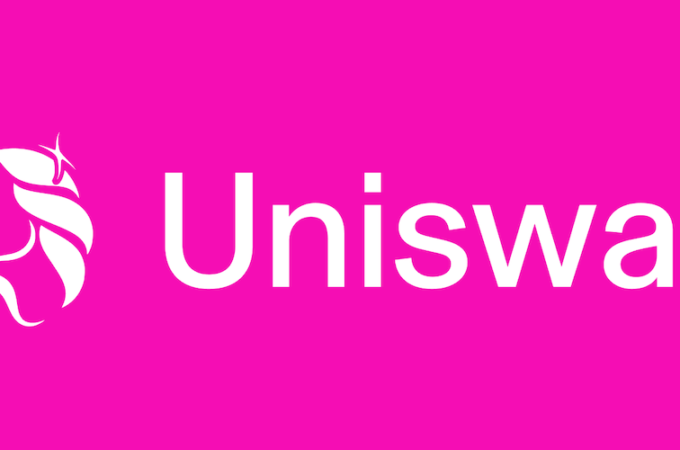Electronic Payments and Financial Inclusion for Businesses
By Sofia for LTP
Speaking of financial inclusion, professionals commonly refer to individuals, disadvantaged families and groups of the population overall, rather than to the business community. Meanwhile, small and micro businesses around the world are often in a similar need for appropriate solutions to plug into the financial system. And electronic payments, in particular, are universally important for individuals, businesses and governments globally as a link into the international financial system.
According to the recent World Bank report, developing and accelerating electronic merchant payments at the broader level can help countries advance financial access and financial inclusion.
Indeed, findings by Moody’s suggest that electronic payments added $296 billion to GDP in the 70 countries studied between 2011 and 2015, which is equivalent to the creation of ~2.6 million jobs on average per year over the five-year period, or about 0.4% of total employment in the 70 countries.
“Transaction accounts and payment product design represent one of the catalytic pillars for driving access and usage. Expanding access to a basic transaction account that allows for payments and store of value is considered the first step to broader financial inclusion.
“Using basic payment or savings accounts can gradually lead to access to and usage of other financial services, such as credit, insurance or pensions. The three foundational enablers are also highly relevant levers for helping to improve the usage and adoption of electronic payments by merchants,” as the World Bank explains.
Let’s break down the benefits of electronic payments for every member of business/retail ecosystem that have been emphasized by professionals from the World Bank.
For businesses – increased operational efficiency and expanded revenue opportunities
The results of a survey of the middle market and small business executives by SunTrust Bank published at the beginning of September suggest that companies still make more than 57% of all payments through paper-driven processes and checks.
SunTrust Bank suggests that not only can non-electronic processes have a negative impact on a company’s cash flow and balance sheet, but also they can significantly increase exposure to fraud.
So, what are the benefits of electronic payments for businesses then?
- Security, as cash is more liable to theft, loss and fraud. In fact, 73% of organizations were reported to have experienced actual or attempted fraud, with non-electronic processes the number one source of fraud.
- Better and faster ability to assess the health of their business operations (cash flows, profit and loss) through synergies with e-payments;
- Ability to generate revenue from new channels and digital financial services (if they keep balances with banks and other PSPs);
- Value-added services that come bundled with payments, or for making or receiving payments (loyalty, credit, marketing support).
Enhanced UX, financial literacy and access to other financial services for customers
Financial literacy is one of the six pillars of financial inclusion in the developing world. Financial literacy is extremely important for two reasons. Firstly, it boosts the usage of financial services and secondly, it allows making the right choice for a sustainable financial future. Although digital financial inclusion carries certain risks, electronic payments undeniably have positive implications like the ability to better track and manage personal funds, get educated on a variety of new accessible services and more.
- Simpler payment method for cases where customers already manage and receive their finances through a deposit transaction account;
- Savings through access to loyalty schemes and promotions;
- Extension of purchasing power via access to a revolving line of credit (for products such as credit cards), often interest-free if paid in full at the end of the statement cycle;
- Enhanced ability to assess spending patterns and manage budgets;
- Build-up of a transaction history and other relevant electronic data trails that may give customers easier or faster-processed access to credit.
Suppliers boost operational efficiency and enhance risk management
Efficient supply chain management and financing are crucial to the survival of any business venture. The SME community is particularly vulnerable to the risk of poor cash flow management. SMEs having a hard time to secure a loan from large financial institutions can find a relief in the opportunity to receive a cashless extension of credit lines with their suppliers and more. Suppliers themselves will benefit from transparent and secure financial relationships with businesses. Among the benefits mentioned by the World Bank are the following:
- Lower operational costs and risks from cash collections;
- Better ability to provide short-term liquidity to retailers and managers, or enable a bank to better manage credit to retailers;
- Enhanced infrastructure to manage marketing promotions, loyalty schemes and sales incentives;
- Less frequent need for retailers to place large orders.
Better regulatory opportunities for the government
As we have emphasized before, electronic payments are the key to economic growth and development. Moody’s estimates that the 1% card usage increase in developed countries resulted in 0.04% growth in GDP between 2011 and 2015, while the same statistic for emerging markets stands at 0.02%.
The benefit of economic growth goes along with the opportunity to collect meaningful data to derive insights for a better regulatory policy for the business community, consumption data collection and higher operational transparency in the business community.
- Better tools to monitor trends in consumer spending and the retail sector;
- Expansion of financial access and inclusion;
- Expansion of the tax base through formalizing MSMEs and possible reduction of leakage;
- Growing evidence that shifting spending behavior to electronic payments can increase overall economic output and enhance social welfare.
Third-parties (PSPs and collaborators) – firm rooting in the system and widened revenue stream
It is worth noting third-party cooperators, payment service providers and others – every other participant of the ecosystem gains an opportunity to expand revenue channels, build and cross-sell other services and more.
- Fee income from either payment or adjacent services (financial and nonfinancial);
- Opportunity for cross-selling;
- Enhanced ability to monitor performance with retailers;
- Opportunity for collaborators to earn part of the overall revenue or sell adjacent services.
First appeared at LTP





